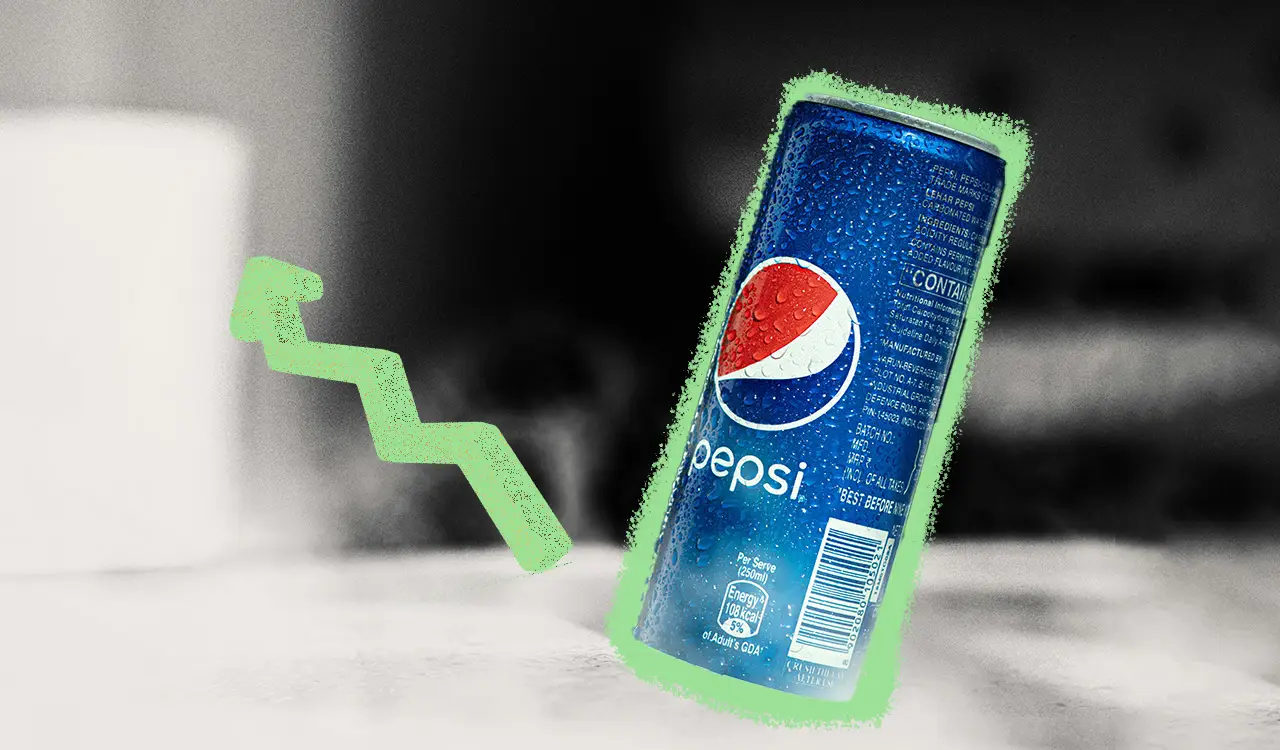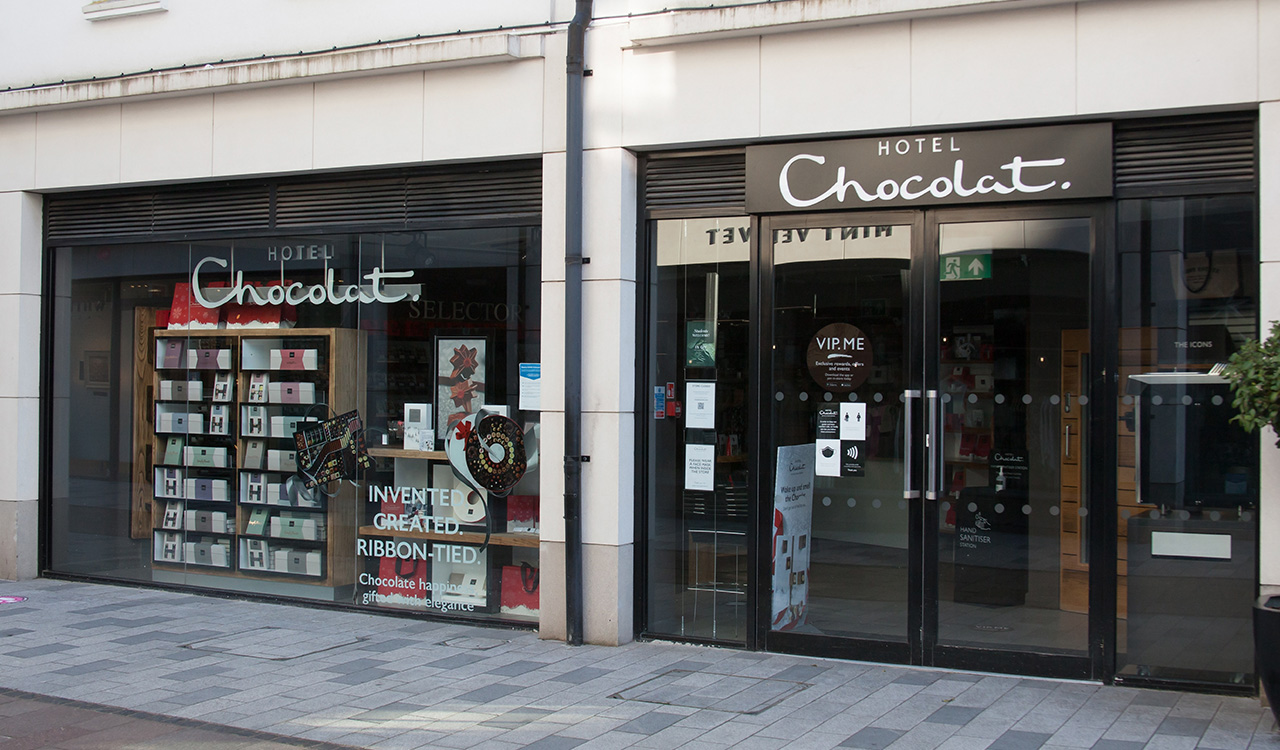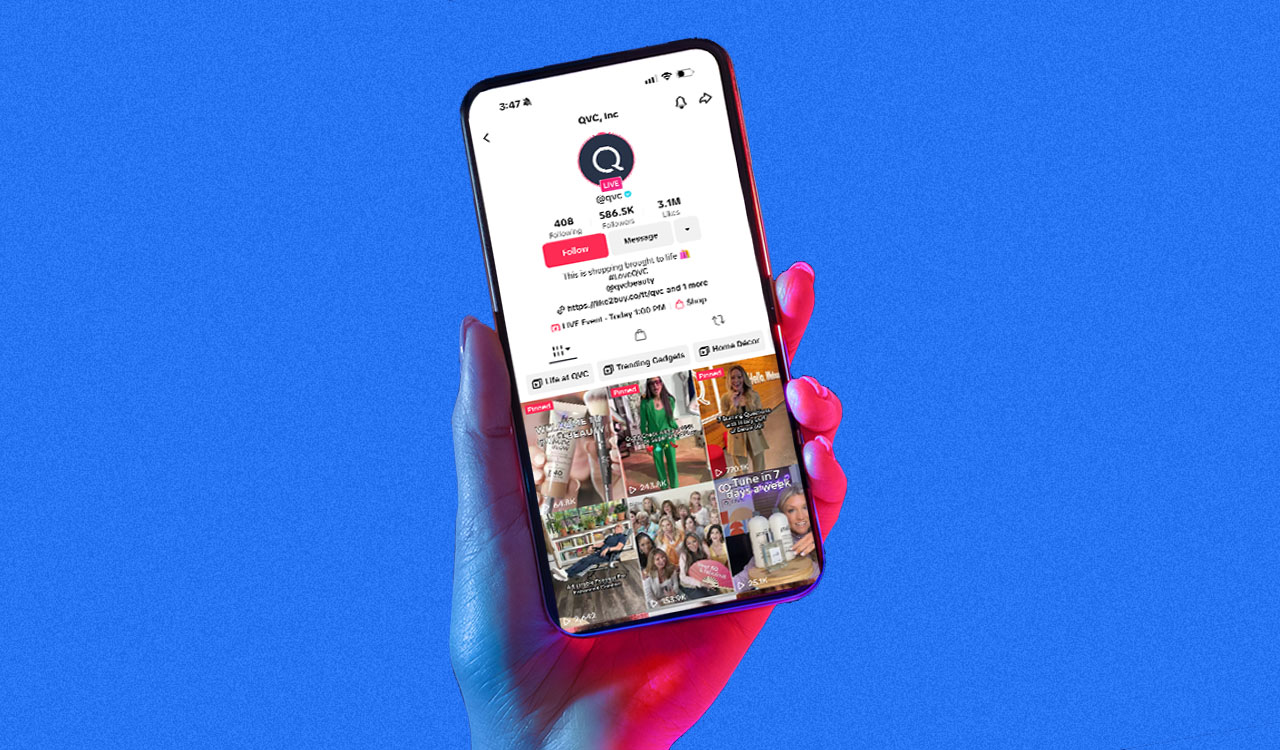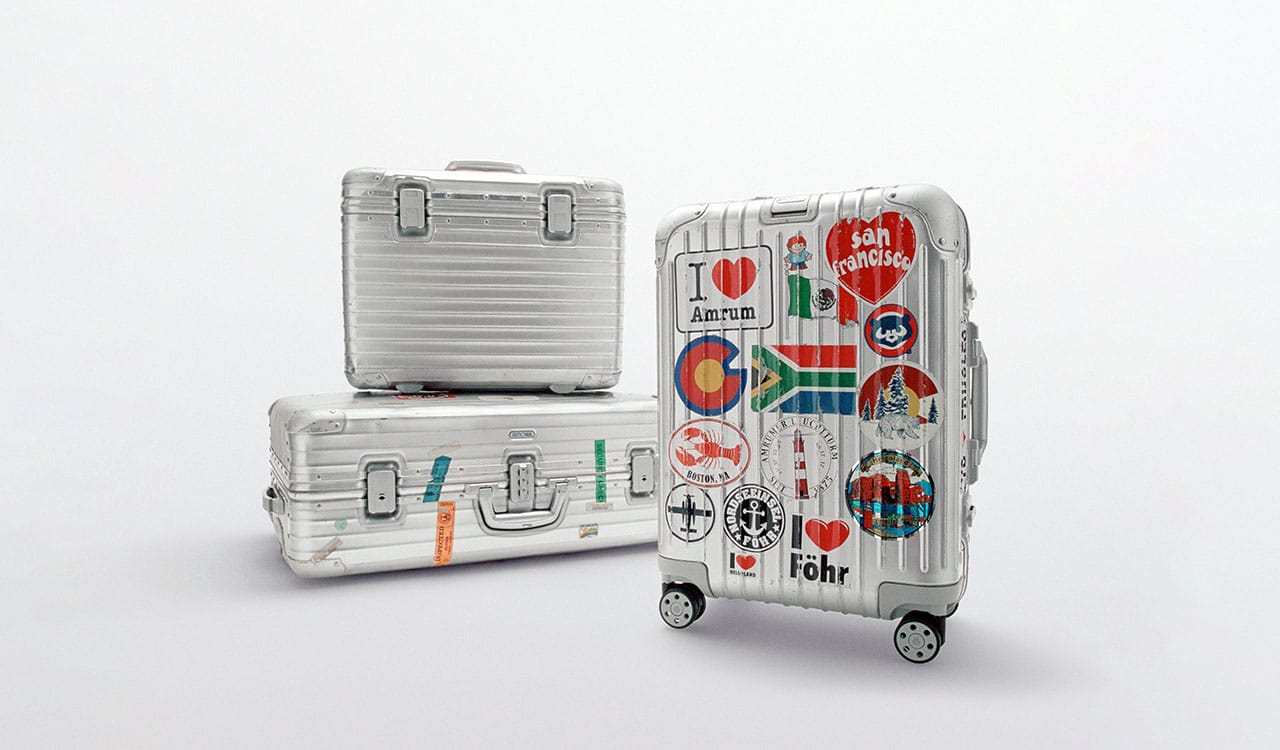Shrinkflation is not a new phenomenon, but the practice has ramped up over the past couple of years, with many major brands sensitive about raising the price preferring to downsize and apparently hold the retail price. Now Carrefour and PepsiCo battle over pricing, making headlines and shaking up the industry.
Carrefour was central to bringing French consumers’ attention to shrinkflation. In September it carried out a preordained threat and put stickers on its shelves highlighting new pricing to its customers across a number of key brands, singling out Lindt chocolate, Lipton Ice Tea, and Viennetta ice cream for criticism.
Brand Wars
So, here’s the problem. PepsiCo signaled last fall that it intended to introduce some “modest” price hikes without disclosing the exact size of those rises. Already severely vexed by shrinkflation (the aforementioned act of downsizing products but maintaining the price), Carrefour labeled the U.S. giant’s requests “unacceptable” and as of the turn of the year is no longer selling Pepsico’s products in France, Spain, Italy, Belgium and, most recently Poland.
In response, PepsiCo issued a statement simply saying: “We’ve been in discussion with Carrefour for many months and we will continue to engage in good faith in order to try to ensure that our products are available.” So, what exactly is behind the dispute and the frankly radical action of a major grocery chain to remove the products of one of the globe’s biggest FMCG brands from its stores?
Inflation Meets Shrinkflation
Like so many countries, France endured a year of persistently high inflation across 2023, notably in food, and although the final month of the year saw food inflation ease a little it still remained at a consumer-squeezing 7.1 percent.
That food inflation –- blamed on political and economic instability from Ukraine to the Middle East –- also shone a light on manufacturers’ pricing strategies, especially given that the grocery chains tend to be in the firing line of customer ire when prices spike upwards. In particular, it highlighted the growth of shrinkflation.
Carrefour was none too pleased and was central to bringing French consumers’ attention to this practice. In September it carried out a preordained threat and put stickers on its shelves highlighting shrinkflation to its customers across a number of key brands, singling out Lindt chocolate, Lipton Iced Tea, and Viennetta ice cream for criticism.
Carrefour highlighted these products with five-inch square, orange-backed shelf signs reading: “This product has seen its weight drop, and the price charged by our supplier increase,” and adding: “We undertake to renegotiate this tariff”.
Highlighting FMCG Companies
In its initial campaign, Carrefour picked out 26 products that had shrunk, without a commensurate price reduction; among them were Nestlé’s Guigoz infant milk formula, where the pack size had fallen from 900g (just under 2lbs) to 830g; a bottle of sugar-free Lipton Iced Tea, from PepsiCo, which had shrunk to 1.25 liters from 1.5 liters (0.33 gallon), representing a 40 percent increase in the price per liter, and Unilever’s Viennetta ice cream, which has downsized from 350g to 320g, an 8.5 percent reduction.
“Obviously, the aim in stigmatizing these products is to be able to tell manufacturers to rethink their pricing policy,” said Carrefour’s director of client communications, Stefen Bompais. At the time of the move, Carrefour chief executive Alexandre Bompard, who also heads the retail industry lobby group FDC, repeatedly complained that despite the cost of raw materials dropping, the FMCG giants were not reducing prices.
Intermarché Joins the Dispute
Rival French grocery group Intermarché has also highlighted some products in store over shrinkflation, starting last summer, as it told shoppers that its “role is to offer you your favorite brands but also to alert you to these behaviors”.
Unilever is now taking legal action against Intermarché for labels such as “Magnum used to mean big” as it denounced that Magnum’s packaging has been reduced, pushing up the selling price per pound by 39 percent. Unilever sent bailiffs to some supermarkets, demanding they stop the “denigrating” campaign and is now taking the retailer to court. Germany’s Edeka also removed Procter & Gamble products from its shelves last year in a dispute over price rises that ran for several months before a fall resolution.
So, in many ways, the row between the Carrefour and PepsiCo was the chronicle of a dispute foretold. However, the geographic spread has raised eyebrows, while throughout much of last year, Bruno Le Maire, France’s Finance Minister, criticized food manufacturers’ pricing amid persistent food inflation.
In June, after a series of price agreements brokered with the major brands, Le Maire summoned 75 major retailers and consumer groups, urging them to cut prices and in August another deal was struck that saw prices frozen or cut on 5,000 products, including many food items. However, Le Maire still said some manufacturers weren’t doing enough to help the fight against inflation, pointing to Nestlé, PepsiCo, and Unilever as companies not toeing the line.
New Rules on Shrinkflation
Meanwhile, at the start of this year, France submitted plans for new rules to require the country’s retailers to alert shoppers to shrinkflation. Paris has asked the European Union to clear a move that would oblige grocers to tell consumers if a product has been reduced in size but its price has stayed the same.
In the meantime, the banning of PepsiCo products at Carrefour could allow smaller contenders to gain market share, with consumers already opting away from major brands to cheaper alternatives. Indeed, Carrefour’s own brands might be well placed to benefit, encouraging shoppers to switch to its lower-priced private label options.
Nevertheless, this is not the first time there have been disputes in the industry and it won’t be the last. Temporary product bans have occurred before and PepsiCo’s products could well make their way back onto Carrefour’s shelves.
In the past, retailers have dropped brands only to bring them back weeks or months later and accept price hikes. For example, UK supermarket group Tesco raised prices on 11 Colgate products last March by an average of 28 percent to avoid a repeat of its 2022 price dispute with the toothpaste maker. That year, Tesco also battled Kraft Heinz for several weeks.
“In the short term, it makes a small dent in the profitability of both retailer (lost sales) and the brand, but in the end, this is mainly noise,” Bernstein analyst Bruno Monteyne said in a note. “Retailers believe that it enhances their image and brand with consumers, but I doubt there is any evidence to support that.”
Indeed, France made up only 1 percent of PepsiCo’s sales in 2022, according to Nielsen data, and about 4 percent of sales at Nestlé and Unilever. That said, the FMCG brands will not want to see their own European sales experience shrinkflation this year, nor give U.S. counterparts any ideas. We live in a digital communications age, and what happens in Europe doesn’t stay in Europe.





